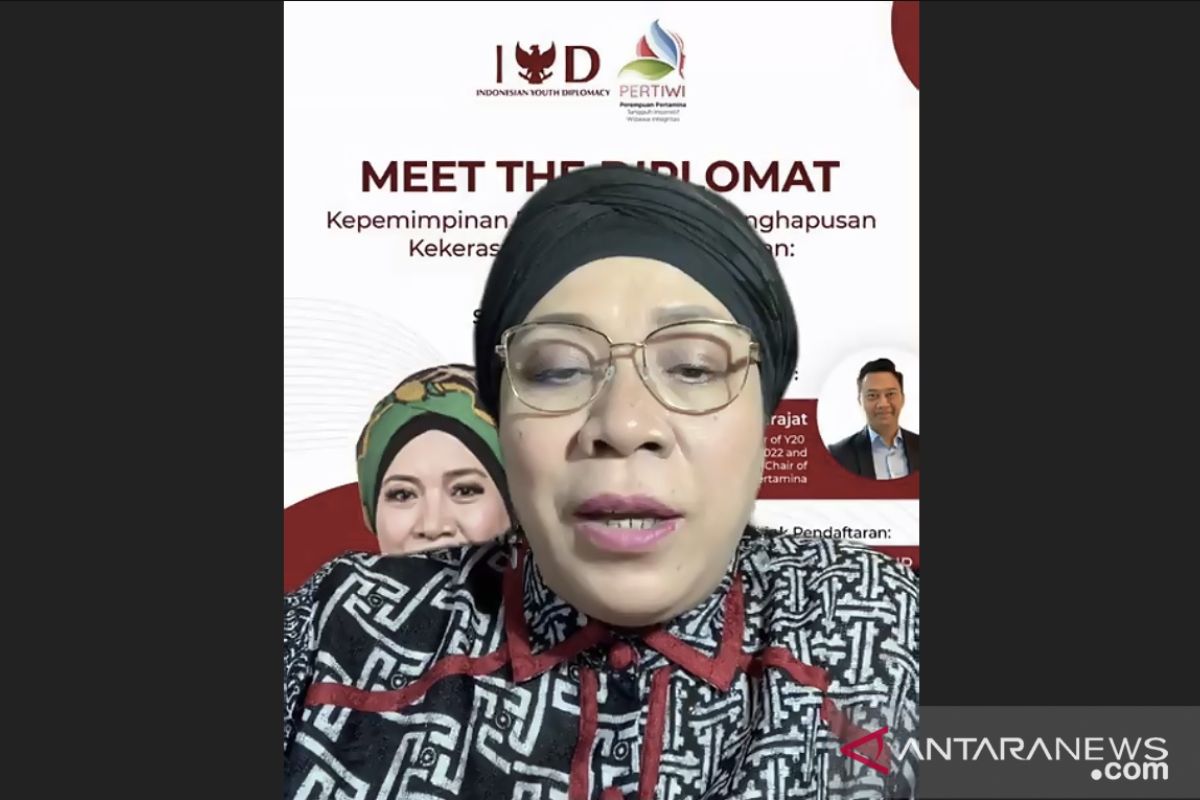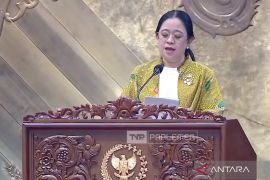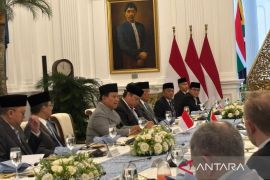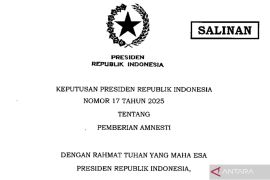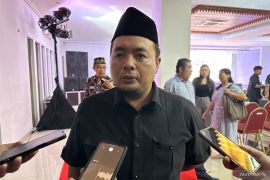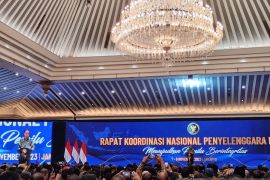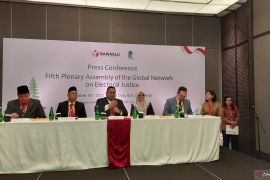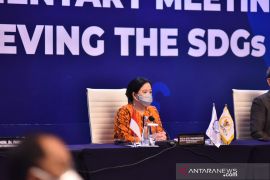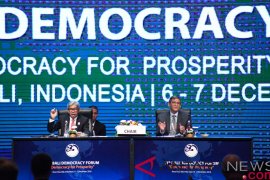"The terms of democracy is a balanced proportion of both genders in creating a democratic country. Thus, I refer to a democracy that does not include women as a 'democracy deficit'," Mukti remarked at a webinar entitled 'Meet the Diplomats' here on Saturday.
Women's participation in politics is important to produce more democratic policies, she said.
"The number of women in the world is more than men, but their (women's) political activity is still marginal. On average, it is only 15 percent throughout different countries in the world," she added.
Women make up 49.8 percent of the population, but their representation in the parliament is only 18 percent, Mukti noted.
Based on the United Nations Convention, the elimination of all forms of discrimination against women (CEDAW) was ratified and accepted by the UN General Assembly in 1979, she said. To date, more than 170 countries have ratified it, including Indonesia, she added.
Related news: BRIN urges political parties to assert allyship toward women
Indonesia has passed Law No. 2 of 2008 concerning at least 30-percent representation of women in political parties, both in the establishment and management at the central level, Mukti said.
However, not all political parties can meet these requirements, she noted. Therefore, 30-percent women's involvement should be listed in the statute of political parties, she said.
"So, when the election happens, they do not randomly hire (political party members)," she remarked.
In addition, there is a need to improve political understanding among women so not only the quota is fulfilled, but also quality, she said.
In 2004-2009, before the women's involvement in political parties Bill was approved, only 68 women had a seat in the parliament, she recalled.
After the law was passed, women's representation immediately rose from 11 percent to 18 percent, and the momentum was followed by the regions through the Regional Legislative Assemblies (DPRDs), she pointed out.
However, according to her, the current conditions are inseparable from the challenges that still have to be faced, such as the issue of sexism that associates women with corruption and so on.
"It is cruel. Does a man who is convicted of corruption get a similar judgment?" she stressed.
The "dirty" stigma of the political world has also led to women avoiding joining the political world, she added.
Related news: Encourage women's participation in national legislature: Congress
Translator: Juwita R, Kenzu T
Editor: Suharto
Copyright © ANTARA 2021
